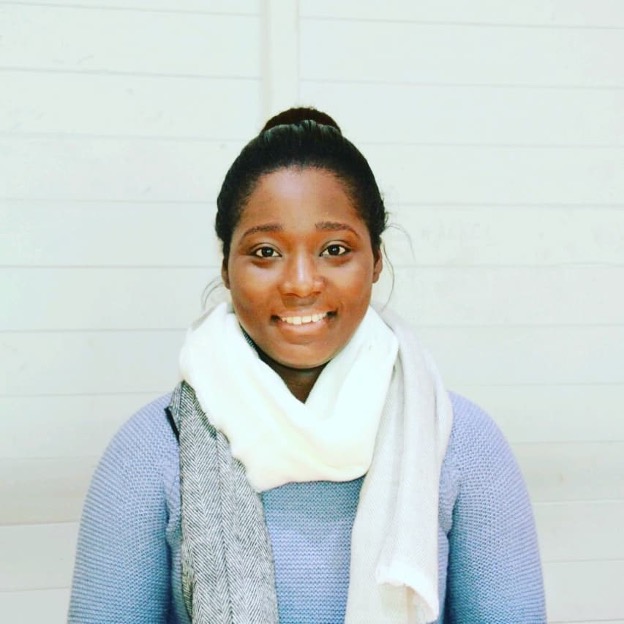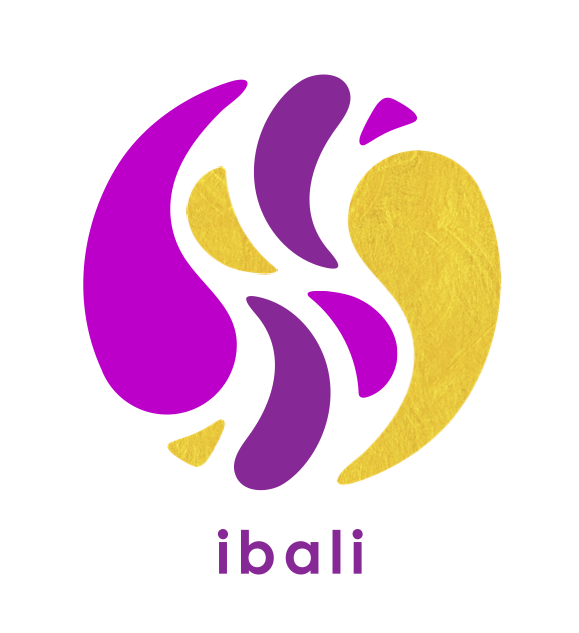You are here
- Home
- Research
- Networks
- Ibali
- Blogs
- Sijuade Yusuf on Stories for Researching Feminism and Social Media in Nigeria
Sijuade Yusuf on Stories for Researching Feminism and Social Media in Nigeria
6 January 2023

Portrait photo of Sijuade Yusuf
Through the Ibali Knowledge Hub, we are sharing our thoughts, reflections and learnings while also showcasing the work and perspectives of people around the world who are using storytelling in various ways to research, teach, generate or communicate knowledge about complex social issues. In this feature, we hear from Sijuade Yusuf, a Doctoral Researcher in the School of Art and Media at the University of Brighton, UK. Siju's research focuses on the use of social media and its significance in addressing gender inequality issues in sub-Saharan Africa. She explores how Nigerian feminists use storytelling on Facebook to address the issues of patriarchy within the Nigerian society.
Please tell us a bit more about the project in which you are using storytelling.
I am currently working on my PhD research on feminism in Nigeria and the use of social media. My research explores how Nigerian feminists use storytelling on Facebook to narrate feminist ideas and possibilities. Storytelling is being used as a cultural tool by Nigerian feminists. Nigerian feminists’ approach this from a fluid perspective which means they can explore different themes on gender issues. One of the interesting things about their use of storytelling is the use of satire. Alongside the affective and cultural practices of storytelling, they draw on the strength of satire to narrate stories- I like to call this the ‘seriousness of satire.’ Feminists are telling stories using satire to address serious issues.
Why do you think storytelling matters?
Findings have revealed the cultural value of storytelling to educate, inspire and entertain. Especially when used by women, it has been identified as useful in passing knowledge on to another generation. Based on these strengths of storytelling and its historical significance as used by African women, I focus my attention on its benefits and use within feminist discourse.
Does your work relate to educational inclusion in any way?
My research is an interdisciplinary one that shares boundaries with African feminism, social media use, post-colonialism, etcetera. Particularly exploring gender inequality issues in Nigeria and how it plays out within different facets of society - the legal sector, education, politics, etc. It is important to explore how these intersecting issues influence the inequality faced by Nigerian women. It has been established that these issues are bordered by several factors - access to education being one of the primary issues.
What are the benefits of storytelling for you?
I understand the power of storytelling and as a women’s advocate myself, I have used storytelling in instances to discuss issues of patriarchy and gender inequality online and offline. I hope to continue to harness the strength of storytelling in my field. Understanding its benefits within a wider audience and advocating its usage is one of the things my research aims to achieve in the long run.
What are some of your best experiences of using storytelling so far?
Affective practice. Storytelling has a peculiar way of connecting the narrator to the audience through evoking emotions, summed up in affective practices of storytelling. It is intriguing to watch how that develops and the possible outcomes of it during storytelling.
What do you consider to be the most challenging aspect of storytelling?
With storytelling, the entry point must be concise and emotive. With individuals having less and less attention spans, a good storyteller is challenged with the practicalities of getting their audience engaged with their narration as early into the story as possible.
Are there any other areas you wish to explore using storytelling?
While my current research explores how storytelling is being used on Facebook to narrate feminist ideas and possibilities by Nigerian feminists, there are several opportunities and topics yet to be explored on storytelling within African feminism. For example, neoliberal feminism. I hope to further my exploration into this area and others.
Any advice for early career researchers who are planning on using storytelling in their projects?
For early career researchers like me, I think it is important to know that every pause, every breath and punctuation within a story tells its own story. These, I believe, are areas that are easily ignored when using storytelling. It is helpful to home in on these pauses and let them tell their own stories. Also, storytelling whether being explored as used by others or as used by self as a methodology within research is powerful. The strength of storytelling is in recognising that there is a story within every action and these seemingly hidden ones appear to be most powerful.
Thank you, Siju!
You can follow Siju and find out more about her work on Facebook (Siju Yusuf).
Institutional profile: Sijuade Olanihun Yusuf - University of Brighton
If you are working with story and would like your work to feature in our Ibali Knowledge Hub, please get in touch by emailing jennifer.agbaire@open.ac.uk
.jpg)
